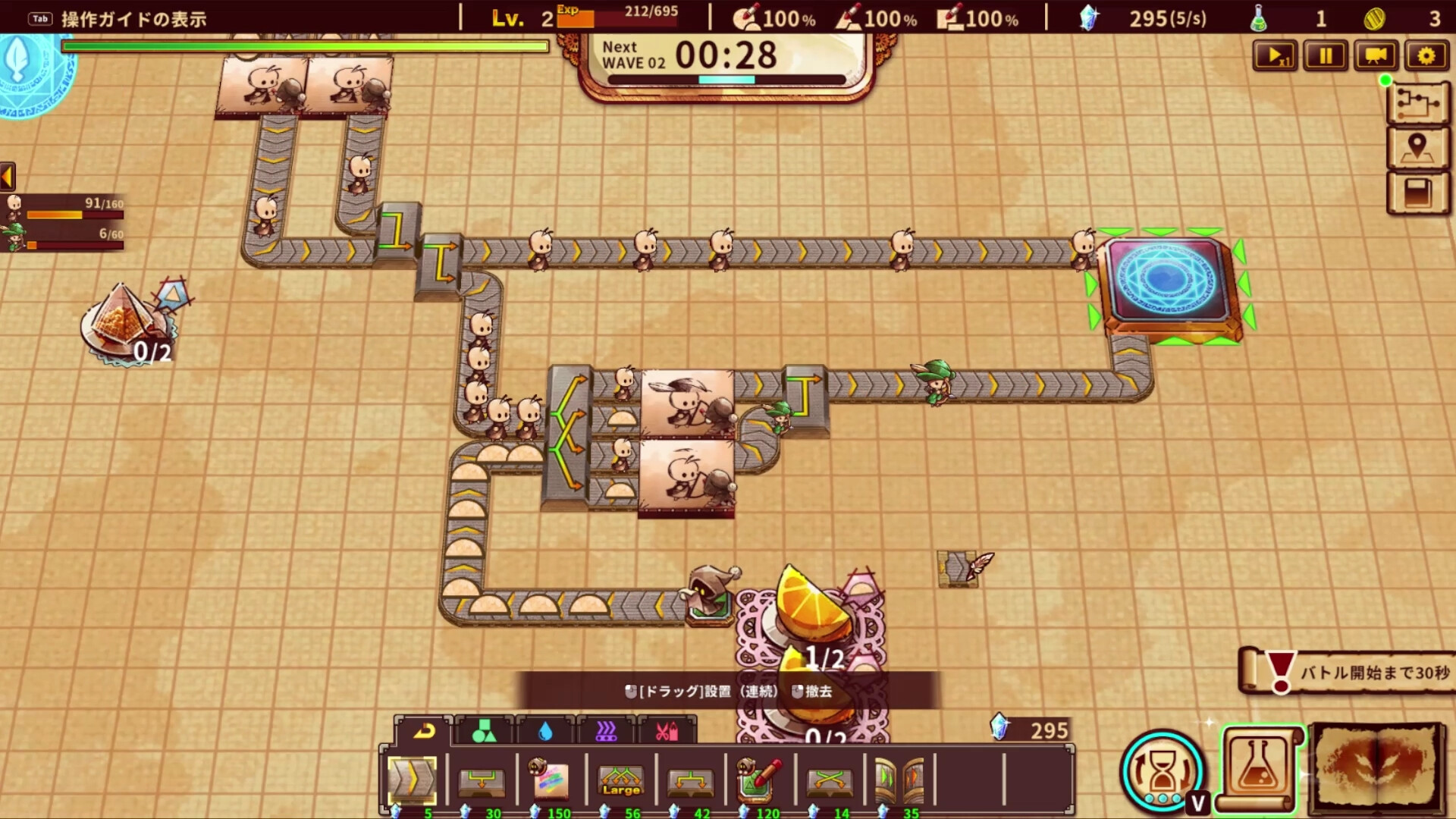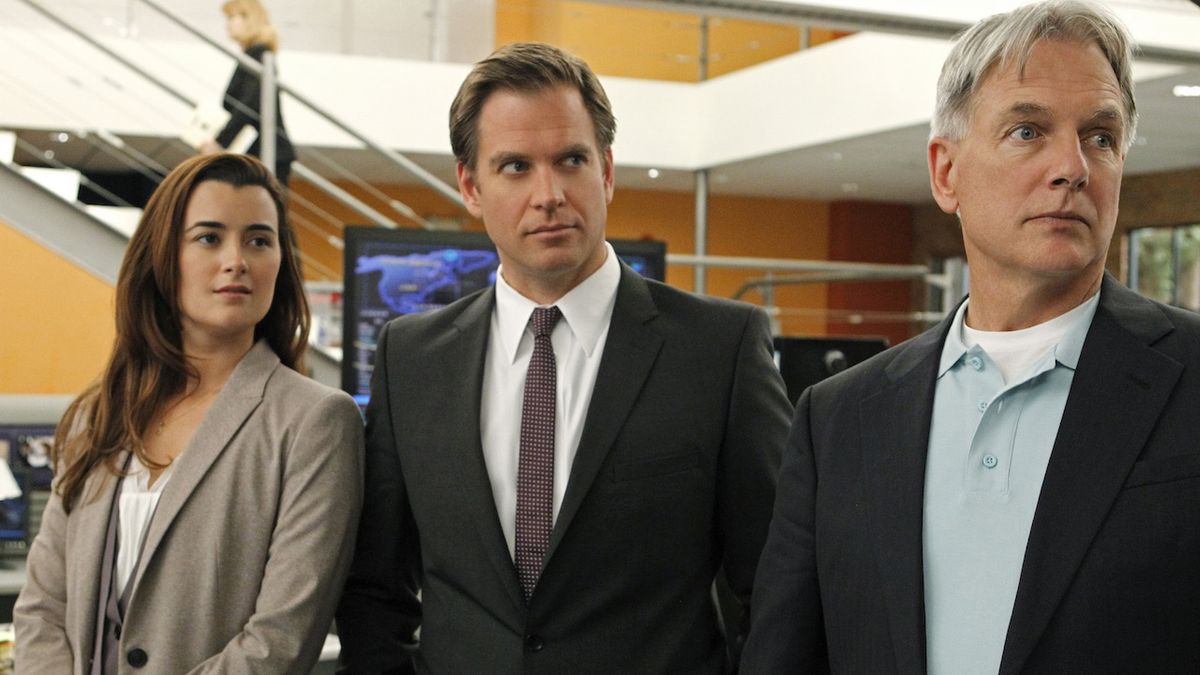The lack of an ideology has frustrated the best of our people’s aspirations. —Ferdinand E. Marcos My uncle, the late President Ferdinand E.
Marcos (PFEM), believed that one of the things needed to ensure the success of government programs was ideology. He believed in the significant role it plays in achieving the goals of a nation. In his yet unpublished book, The Filipino Ideology: Philippine Pacific Crisis 1986-1987 , written while he was in exile in Hawaii, he attempted to demystify ideology “to see it for what it is, shorn of its obscurantist baggage and mystical garb” because he believed that in the end an ideology must be useful, something that would enable the Filipino to deal with social reality in an efficient and rational manner.
According to PFEM, some people tend to emphasize the passion that goes with an individual’s commitment to an ideology. “Others think of ideology as being no more than propaganda or slogans, whose validity depends entirely on their effectiveness in moving men to action.” And this ambivalence has paralyzed the Filipino’s mind and will.
“For while we accept that an ideology should provide us the framework within which we can unify our acts, we retreat from it for fear that ideology would commit us to programs opposed to our inclinations as reasonable men,” he explained. This is not so. PFEM said that an ideology must also allow for modifications that conform to the changing pattern of social reality.
PFEM explained that an .

















